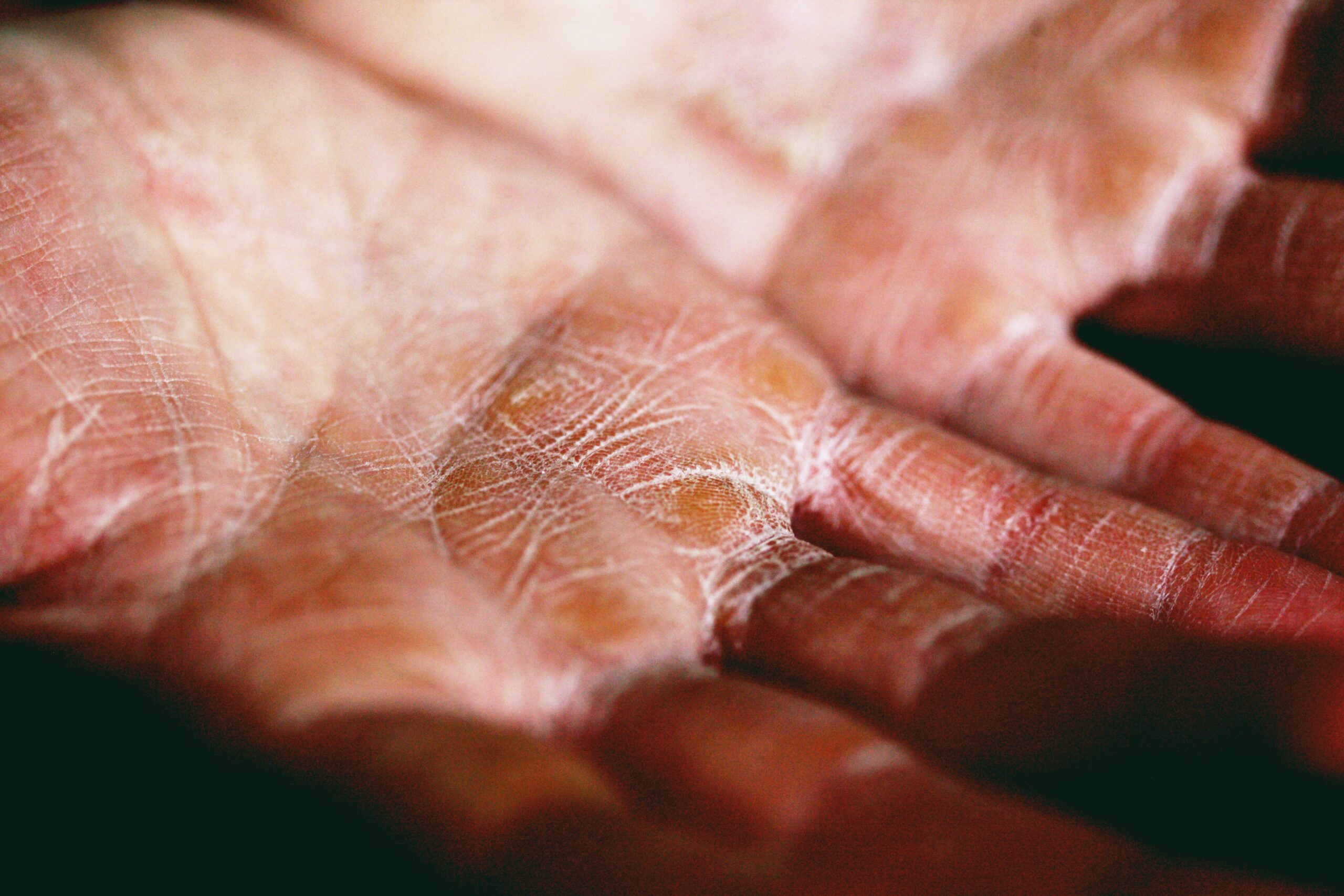Eradicating Eczema: Soothing Skin Naturally

Eczema, also known as atopic dermatitis, is a common skin condition that affects millions of people worldwide. It is characterized by dry, itchy, and inflamed skin, which can be both uncomfortable and frustrating to deal with. While there is no known cure for eczema, there are natural remedies and lifestyle changes that can help soothe the skin and alleviate the symptoms. In this article, we will explore various ways to eradicate eczema and achieve healthier, happier skin.
Understanding Eczema
Before we delve into the remedies, it’s important to understand what eczema is and what causes it. Eczema is believed to be a combination of genetic and environmental factors. It often runs in families and can be triggered by allergens, irritants, stress, and changes in temperature or humidity. The skin of individuals with eczema tends to be more sensitive and prone to inflammation.
1. Moisturize Regularly
One of the key steps in managing eczema is to keep the skin well moisturized. Choose a gentle, fragrance-free moisturizer and apply it at least twice a day, especially after bathing or showering. Look for ingredients like ceramides, hyaluronic acid, and shea butter, which help lock in moisture and repair the skin’s barrier.
Additionally, consider using a humidifier in your home, especially during the dry winter months. This will help add moisture to the air and prevent your skin from becoming too dry.
2. Identify and Avoid Triggers
Identifying and avoiding triggers is crucial in managing eczema. Keep a diary to track your symptoms and identify any patterns or triggers. Common triggers include certain fabrics, harsh soaps or detergents, pet dander, pollen, and certain foods.
Once you have identified your triggers, take steps to avoid them. For example, if you notice that certain fabrics irritate your skin, opt for soft, breathable materials like cotton. If certain foods trigger flare-ups, try eliminating them from your diet and see if there is an improvement in your symptoms.
3. Practice Good Hygiene
Good hygiene is essential for individuals with eczema. However, it’s important to avoid harsh soaps and cleansers that can strip the skin of its natural oils. Opt for mild, fragrance-free cleansers and avoid excessive scrubbing.
After bathing, gently pat your skin dry with a soft towel and immediately apply moisturizer to lock in the moisture. Avoid hot showers or baths, as they can further dry out the skin.
4. Use Natural Remedies
There are several natural remedies that can help soothe eczema-prone skin. Some popular options include:
- Coconut oil: Apply organic, cold-pressed coconut oil to the affected areas to moisturize and reduce inflammation.
- Aloe vera: The gel from the aloe vera plant has soothing properties and can help alleviate itching and redness.
- Oatmeal baths: Adding colloidal oatmeal to your bathwater can provide relief from itching and inflammation.
- Chamomile tea compress: Brew chamomile tea, let it cool, and then apply it to the affected areas with a clean cloth to soothe the skin.
5. Stress Management
Stress is known to trigger eczema flare-ups in many individuals. Finding effective stress management techniques can be beneficial in managing eczema. Consider incorporating activities such as yoga, meditation, deep breathing exercises, or regular exercise into your routine to help reduce stress levels.
Conclusion
Eczema can be a challenging condition to deal with, but with the right approach, it is possible to soothe the skin naturally and minimize the symptoms. By moisturizing regularly, identifying and avoiding triggers, practicing good hygiene, using natural remedies, and managing stress, individuals with eczema can take control of their skin health and lead a more comfortable life.
Remember, it’s important to consult with a healthcare professional if your eczema symptoms persist or worsen despite trying these natural remedies. They can provide further guidance and recommend appropriate medical treatments if necessary.




